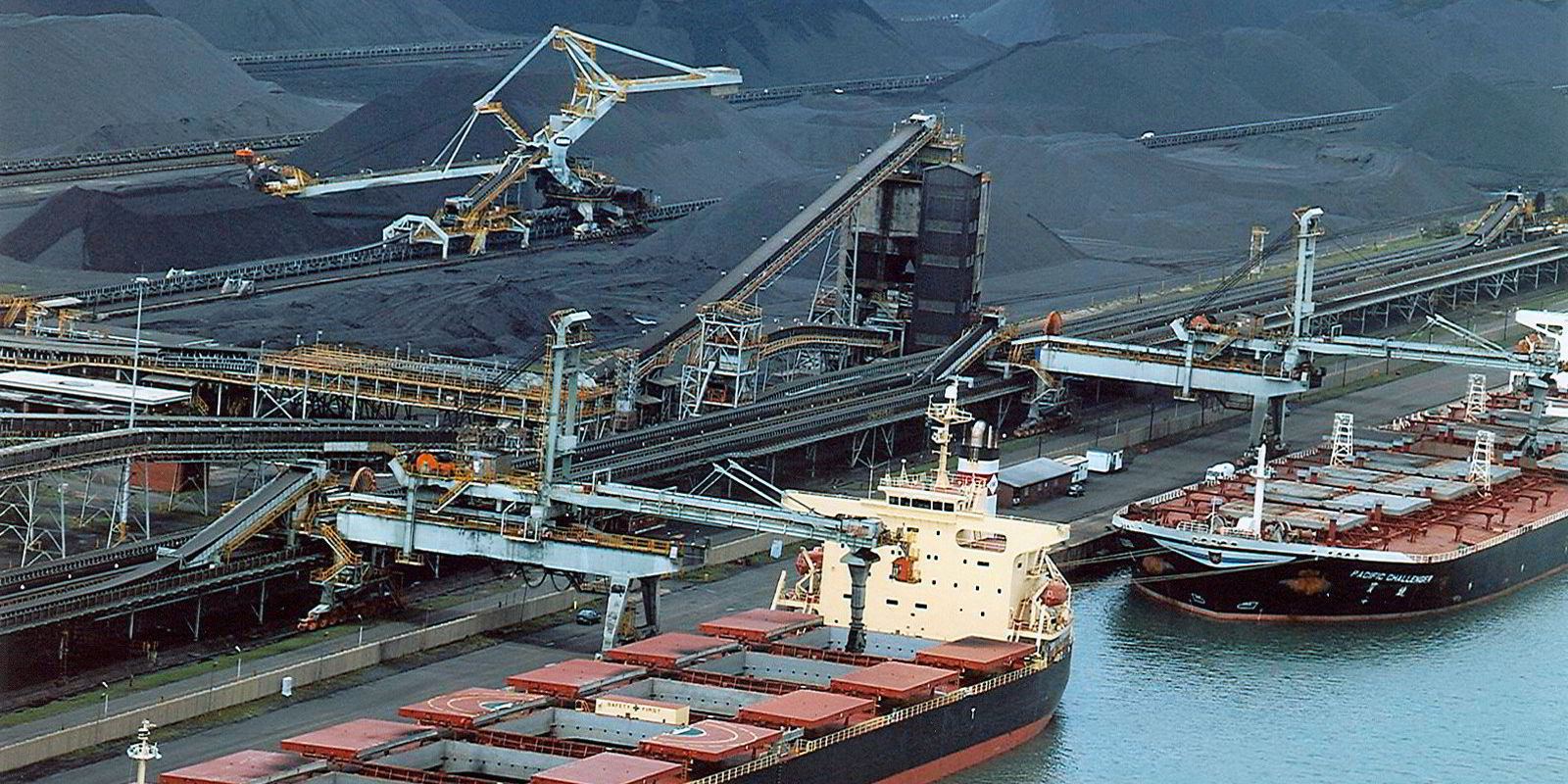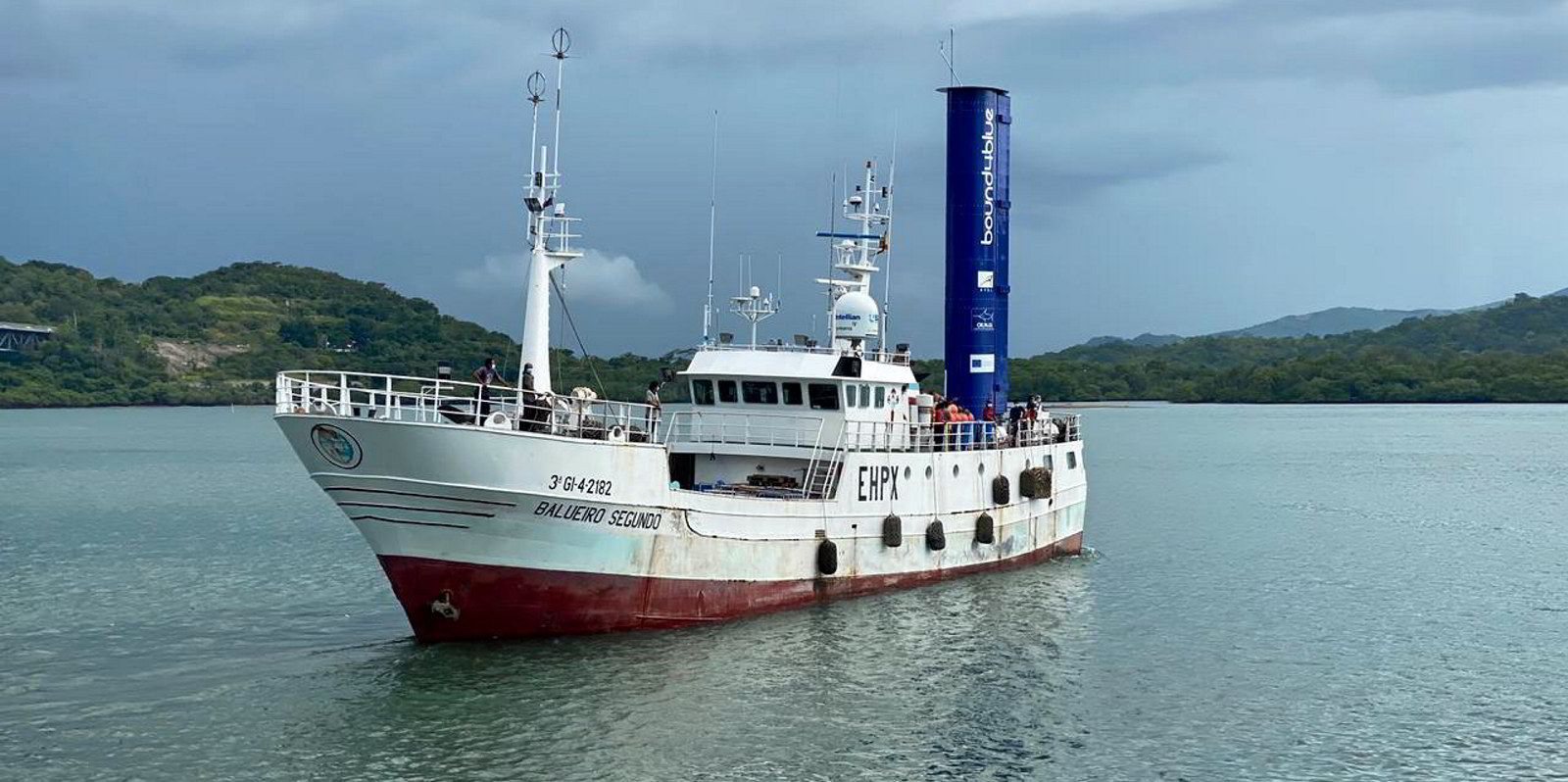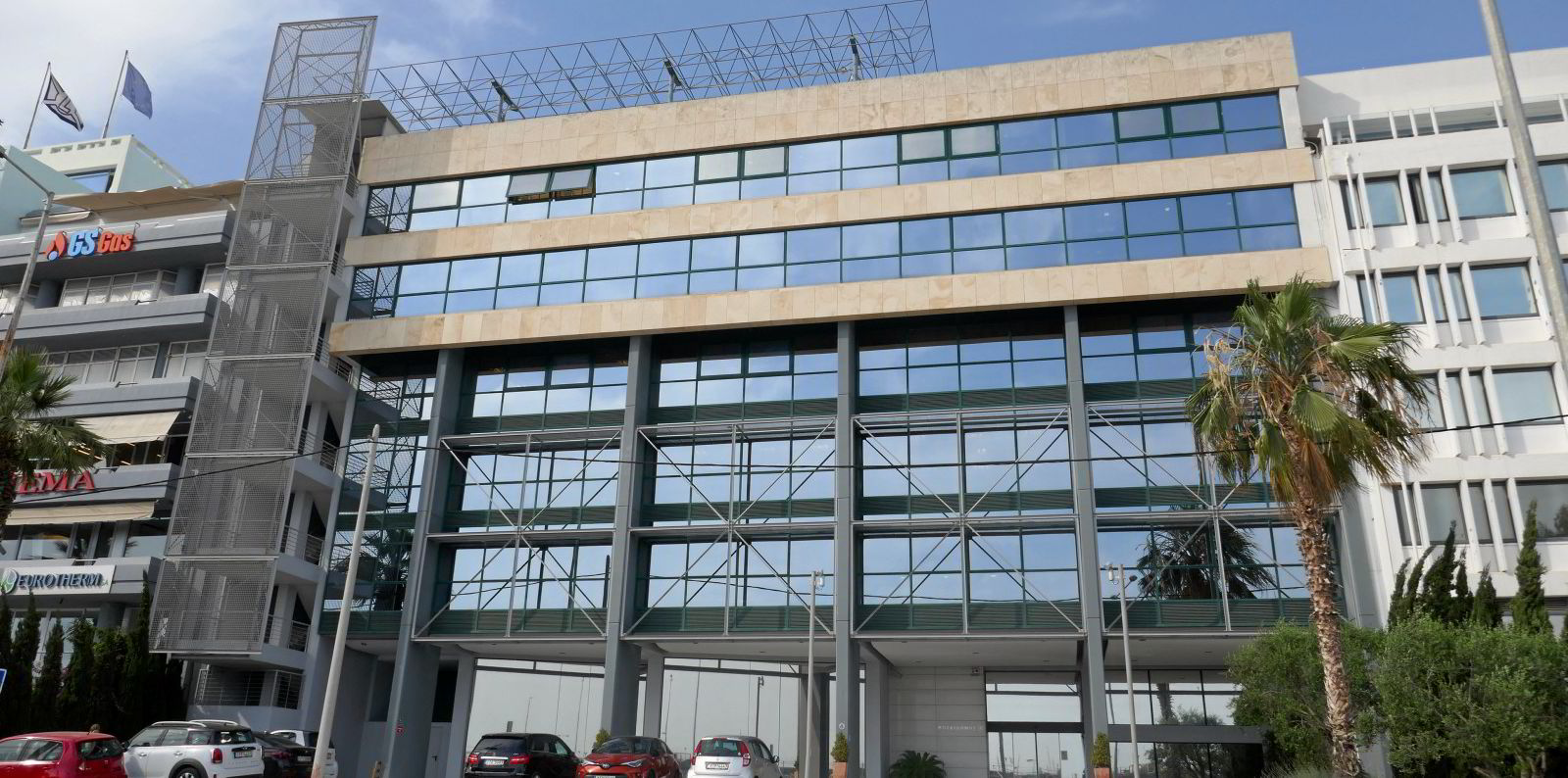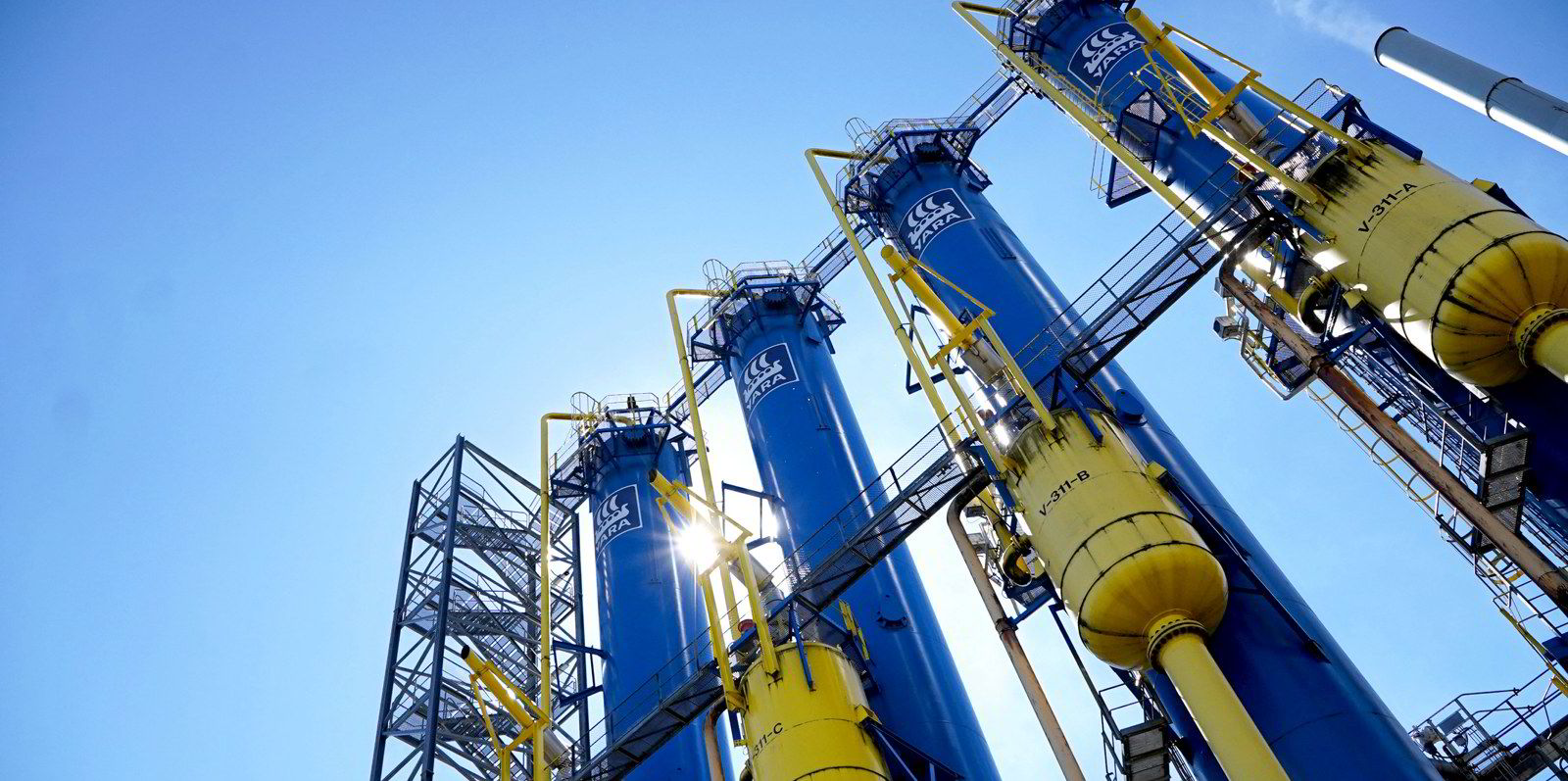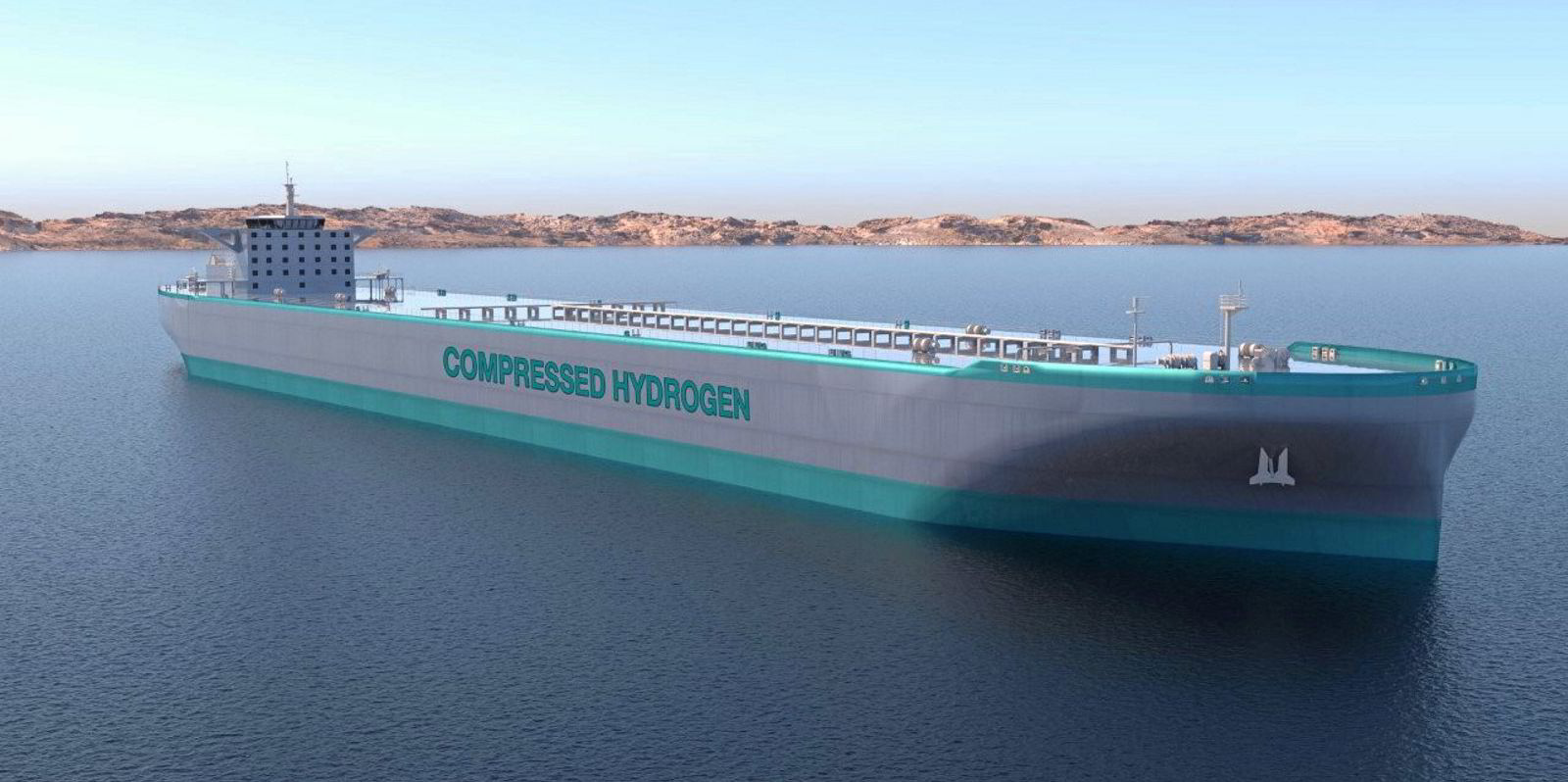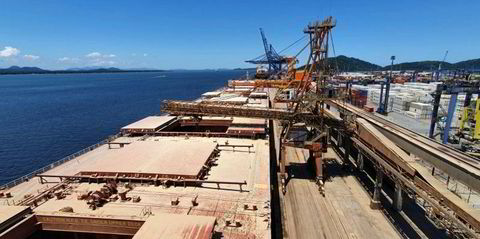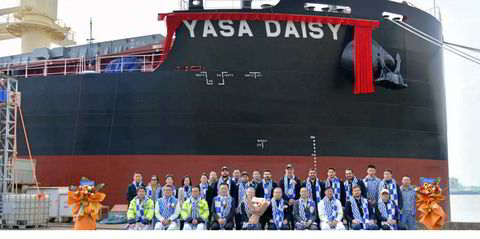Industrial consumers are coming under mounting pressure to phase out coal, but shipowners say there is no sign of volumes falling nor of reputational risk from carrying the cargo — yet.
New research emerged last week that seaborne exports of coal produce the same annual volume of greenhouse gas emissions as India.
Emissions from seaborne coal exports made up 10% of global energy-related CO2 emissions in 2020, according to analysis by climate think tank Ember, based on data from the International Energy Agency's 2021 Global Energy Review.
Meanwhile, major investors including JPMorgan and Fidelity are piling pressure on utility companies in Asia to cut their GHG emissions, the Financial Times reported on Monday.
Energy-related CO2 emissions totalled 31.5bn tonnes in 2020, according to analysis of IEA data by Ember.
Of this sum, seaborne coal exports generated around 3.1bn tonnes of CO2 Scope-3 emissions — more than the annual emissions of India, according to Ember.
The environmental think tank has dedicated one of its four streams of work to coal shipping, signifying the increasing scrutiny surrounding the trade.
The group of investors — which also includes the asset management arms of BNP Paribas and Amundi of France and Japan’s Sumitomo Mitsui — is reportedly targeting utilities in mainland China, Hong Kong, Japan and Malaysia that operate large coal-fired power stations.
The consortium reportedly wants to challenge the Asian companies to phase out coal in line with the Paris agreement and achieve net-zero emissions by 2050.
This is what the investors expect to see in order to remain invested in the utility companies in the medium to long term, according to the report.
No end in sight for coal
But it seems that pressure from campaigners or risk of reputational damage has yet to reach dry cargo shipping, according to the heads of two major public bulker owners.
The chief executives of Golden Ocean Group and Belships told a TradeWinds webinar last week that coal makes up roughly 10% or less of the cargoes they carry, but neither felt they are coming under pressure to exit the trade.
Around half of the coal carried by Belships is thermal coal for heating and the rest is metallurgical coal for steelmaking.
But chief executive Lars Christian Skarsgard said the focus right now is on coal consumption.
"I think that's perhaps pointing again towards that taxation has to start on the use [of coal], and also has to reflect on at some point the cargo here," he said.
Belships would be pleased if it were to carry zero coal, but Skarsgard said that the firm is seeing no sign of seaborne volumes declining — yet.
"We don't assess that we are reliant on those volumes and it's not a significant risk compared to other things," he said.
Business as usual
Golden Ocean Group chief executive Ulrik Andersen agreed that the coal trade is here to stay for the foreseeable future.
"China consumes 4.1bn tonnes of coal a year and they import around 300m [tonnes], so even if China started halving their consumption tomorrow, the likelihood is that China will still need quality coal imported from the outside," he said during the webinar.
The question for Golden Ocean, he said, is whether it wants to transport coal as a listed company that believes in decarbonisation.
"That is a legitimate question and a relevant discussion. We don't feel a pressure for phasing out coal at the moment," he said.
"If we had to, we could — others would transport it, surely. Coal is actually expected to increase by tonne-mile over the coming years, at least until 2026."
The coal trade is a risk in the medium term, but not immediately, Andersen said.
"If we take a little bit of a helicopter view, we are transporting a good, and I think the responsibility for cutting the emissions lies with the countries and perhaps the exporters at the end of the day," he said.
Action being taken
Some miners are already beginning to tweak their business models to reduce their direct GHG emissions and use of resources like water, in response to increasing environmental scrutiny.
Daniel Litvin, founder and head of Critical Resource, which advises companies on sustainability and geopolitical risk, thinks that "societal forces" will shift the commodities sector in an even more fundamental way than soaring prices.
Miners will use environmental, social and governance strategies to build stronger relationships with customers and investors, rather just to reduce criticism, he said.
"It is an evolution in thinking for the industry that still has a long way to go — but is likely to continue to build for as long as those activists keep hurling the abuse," he said, writing in the Financial Times on Monday.
